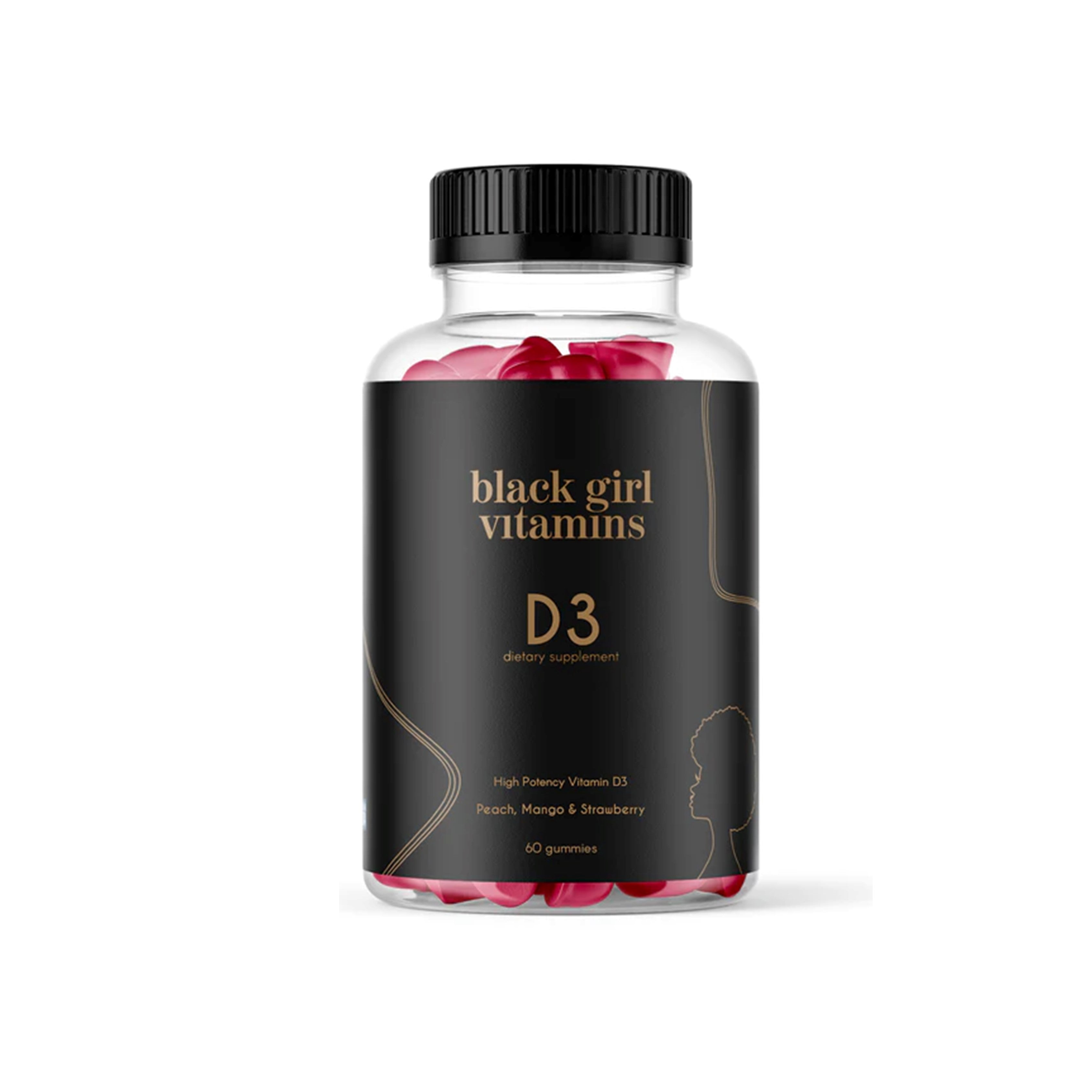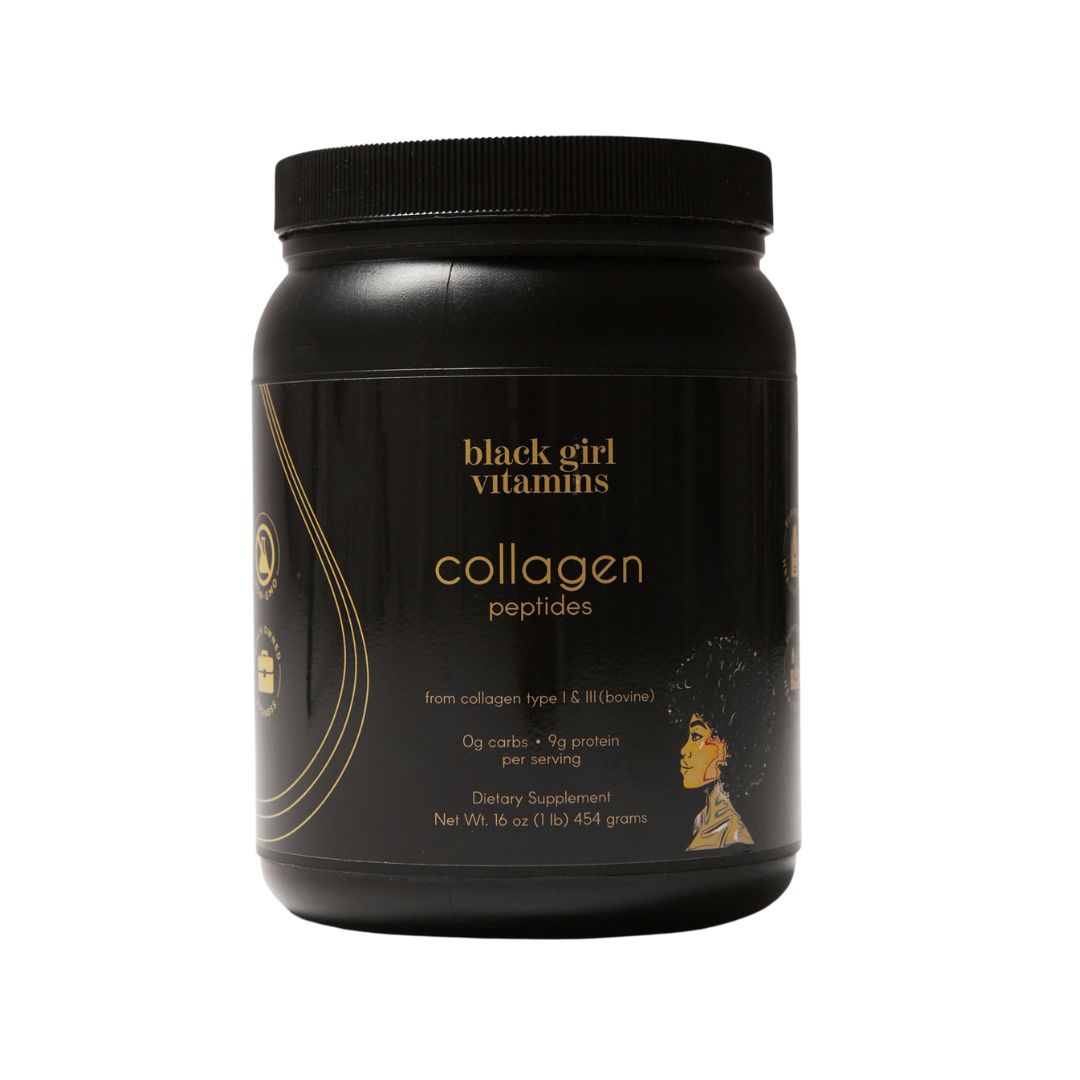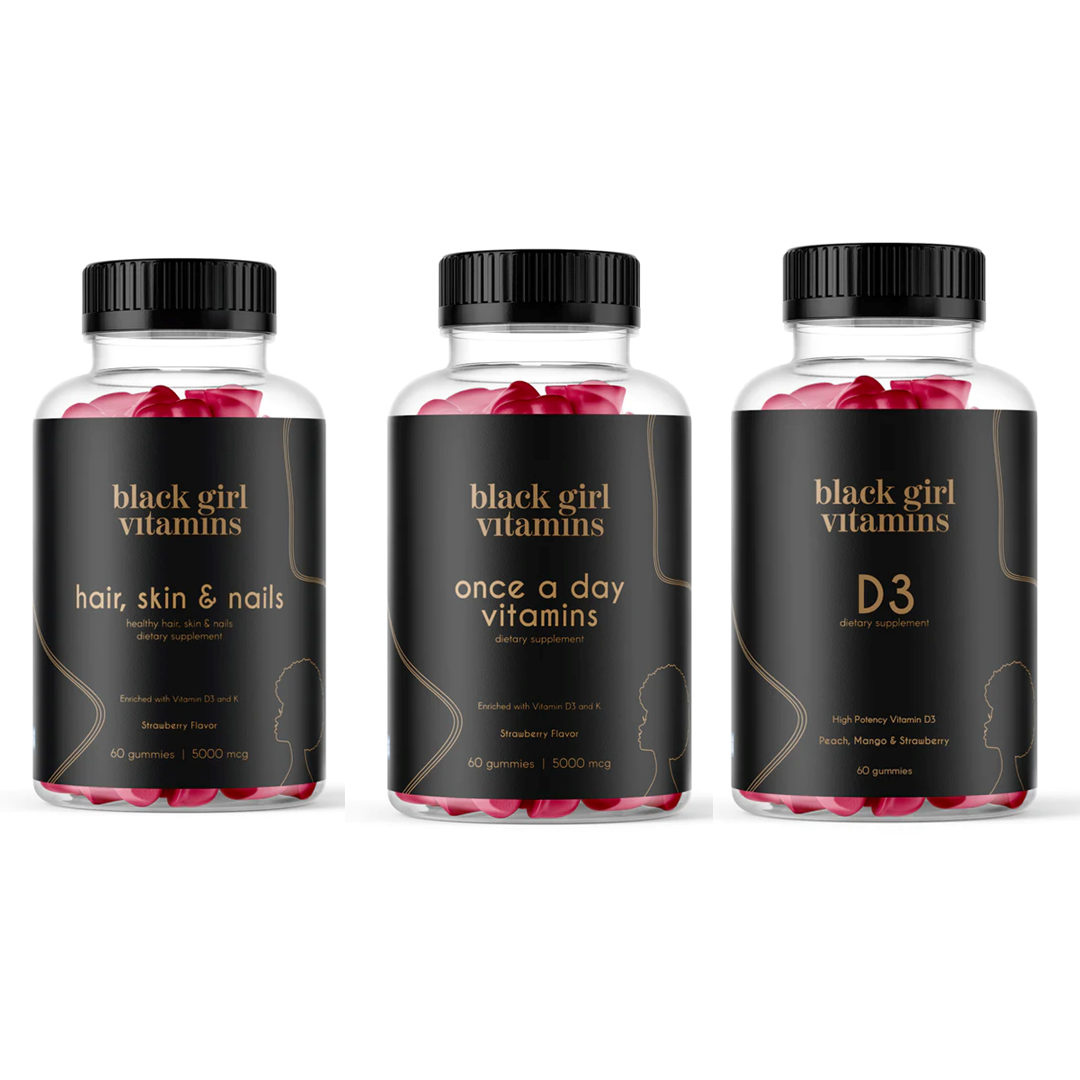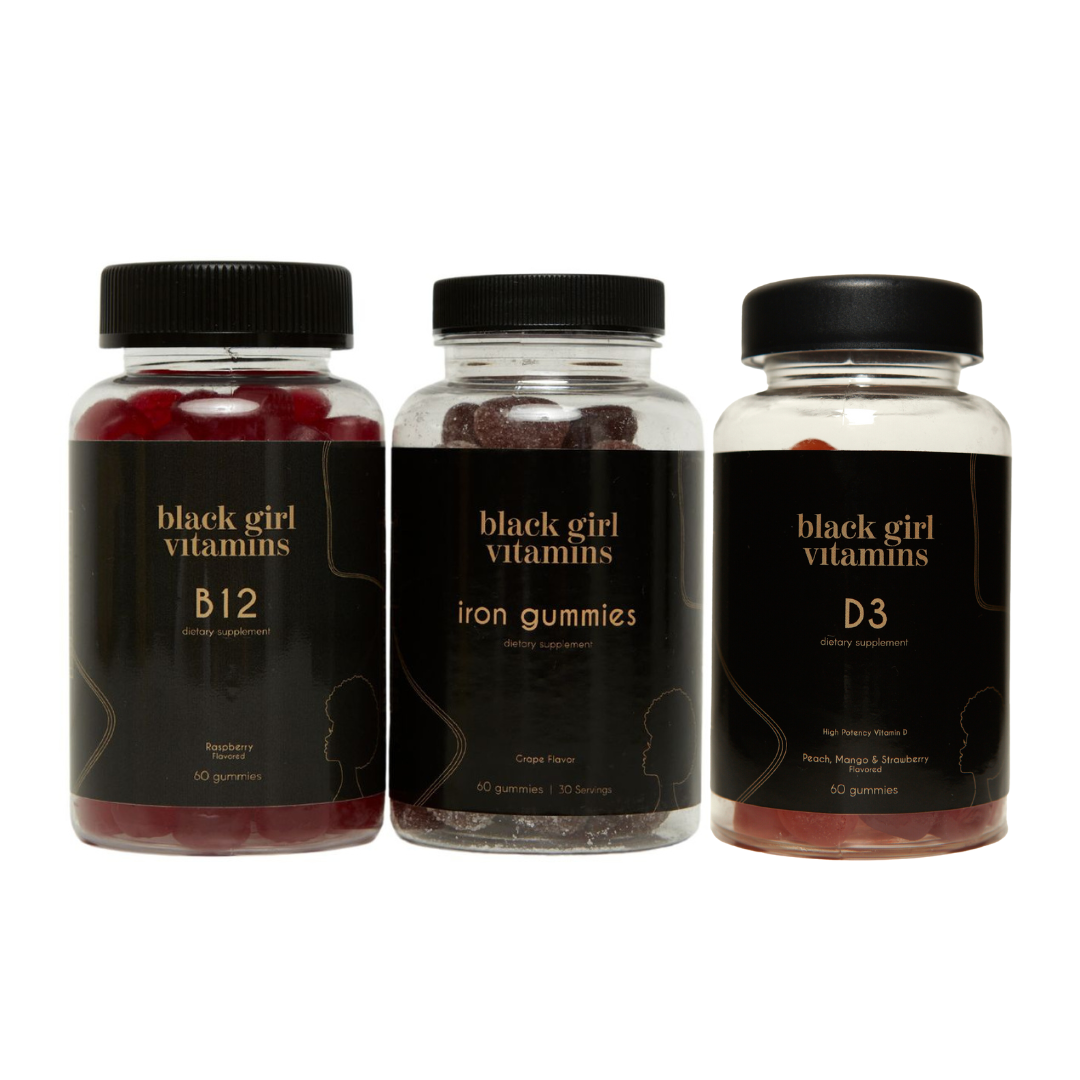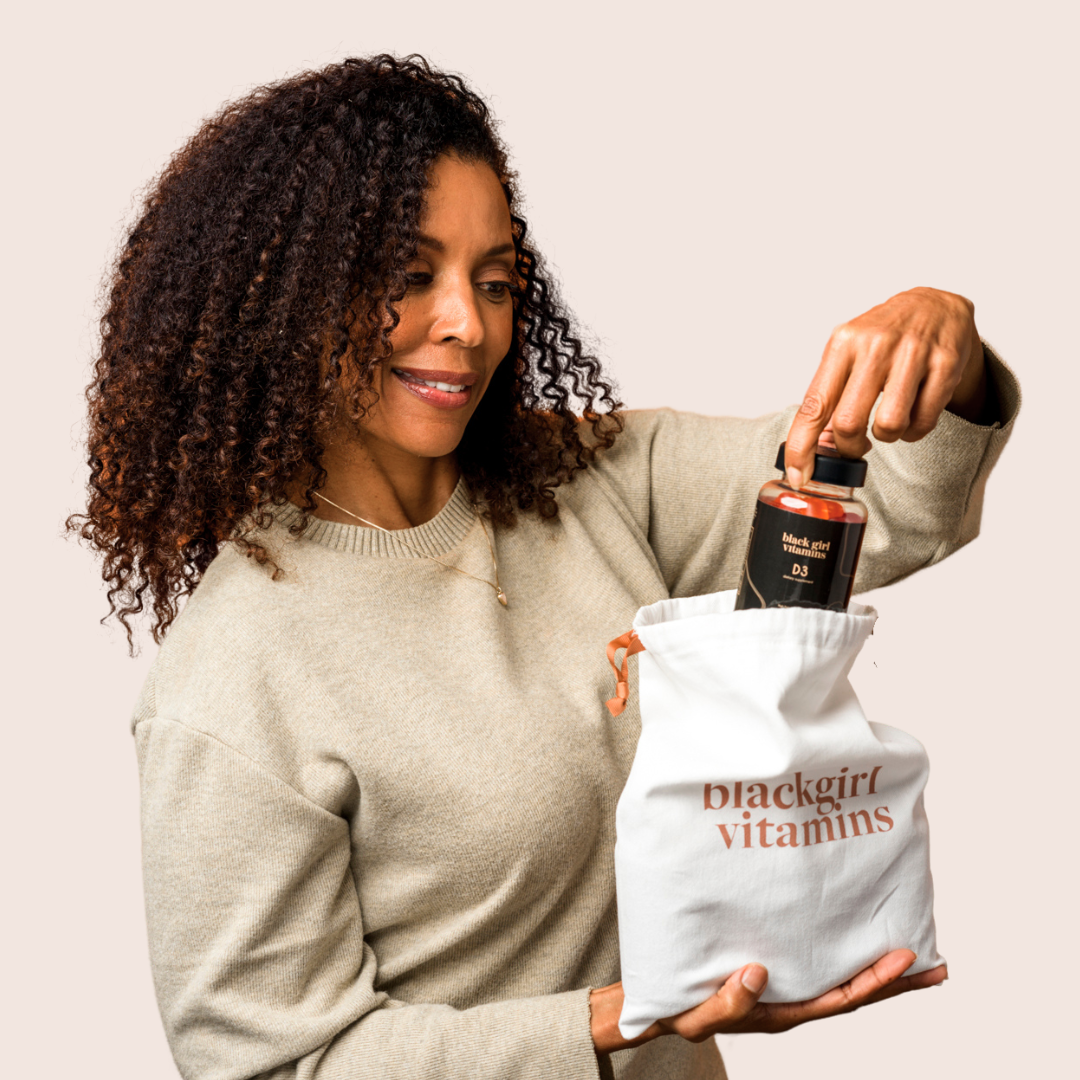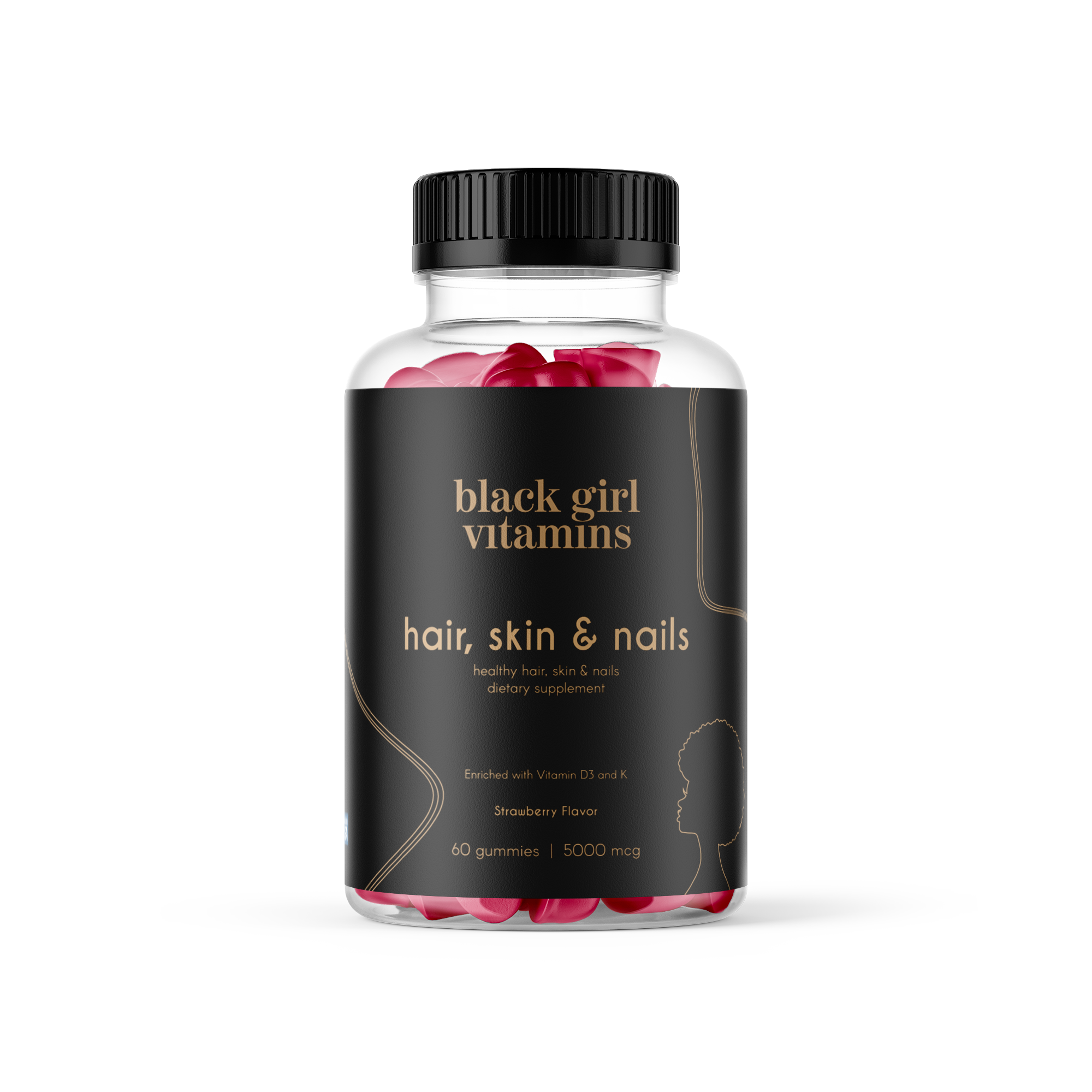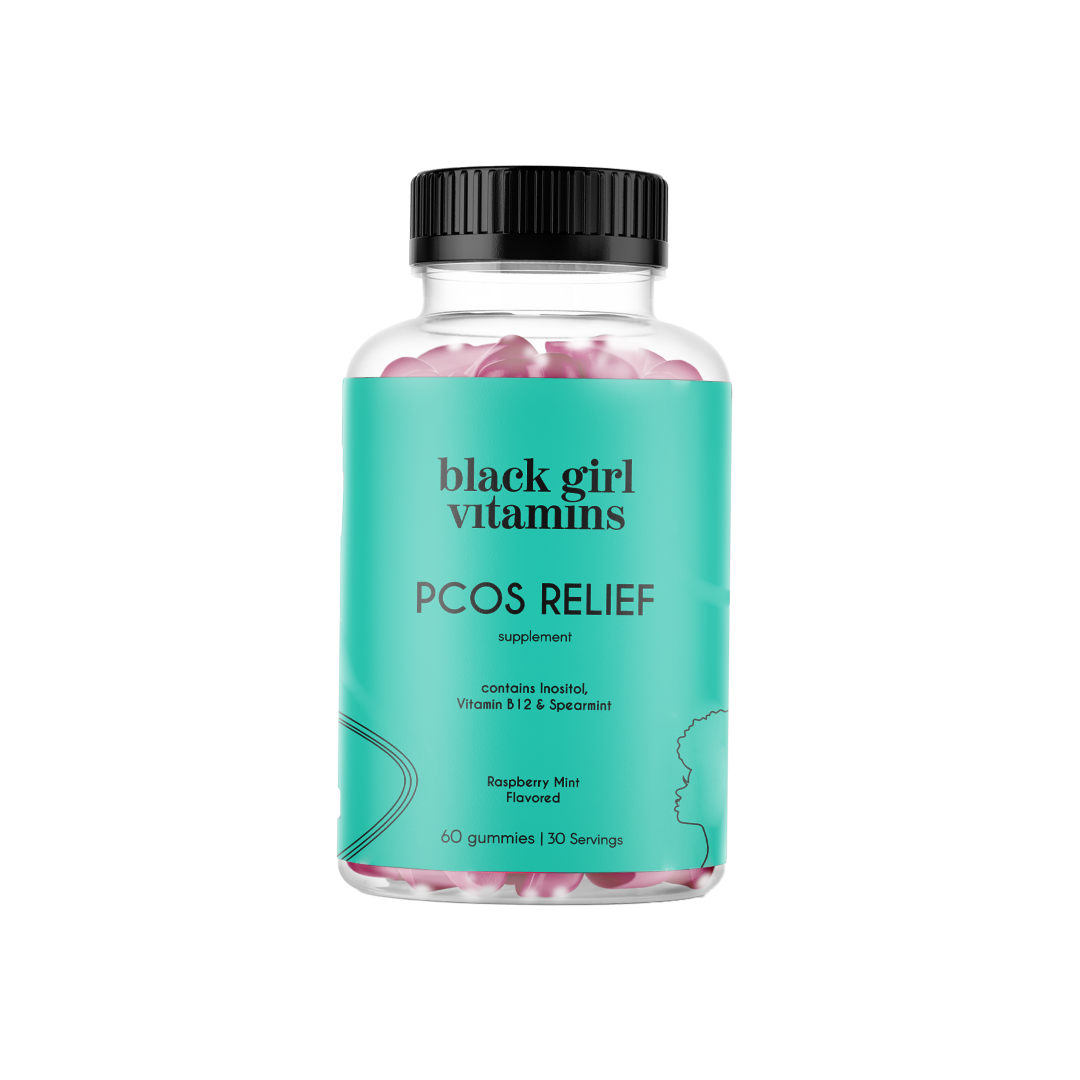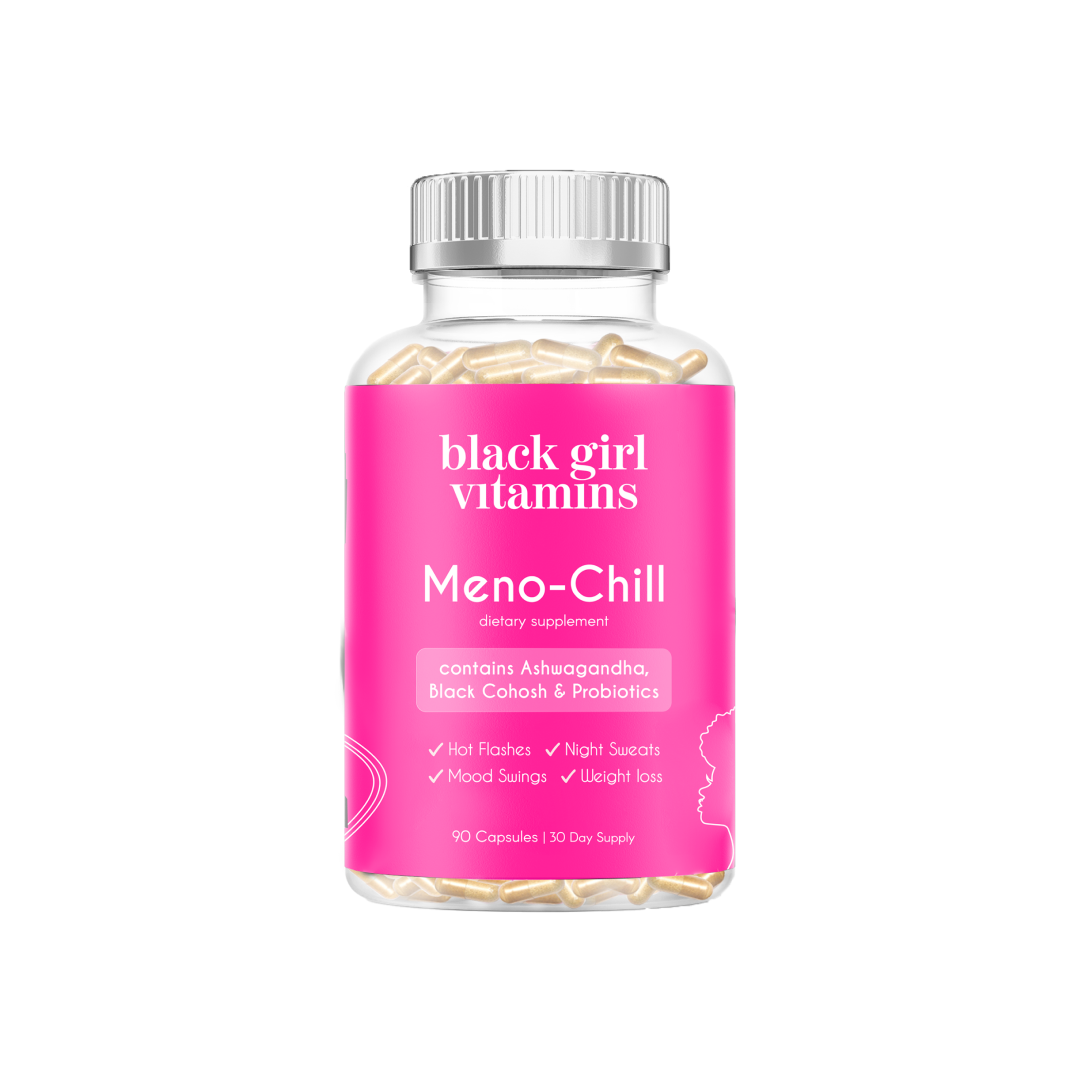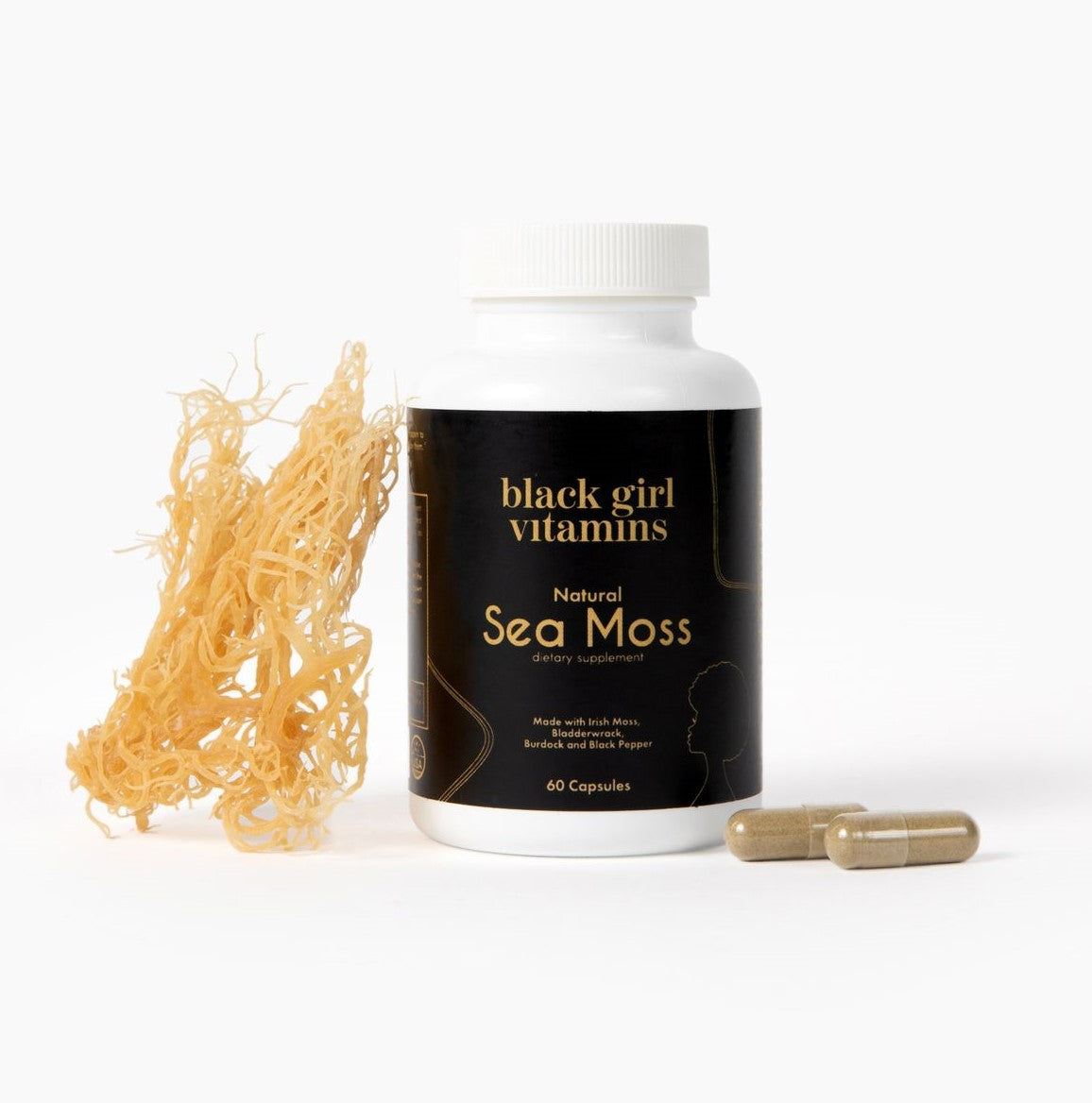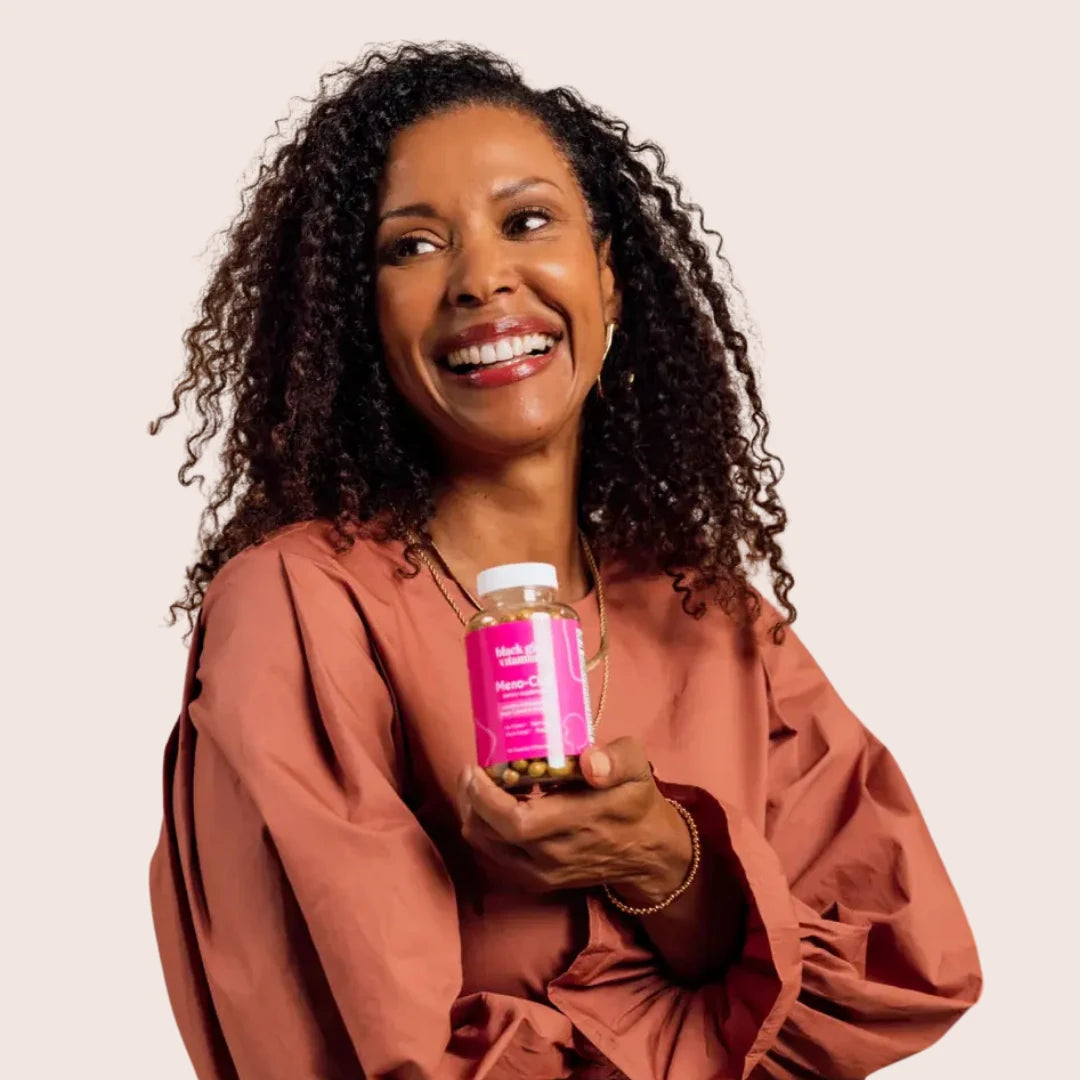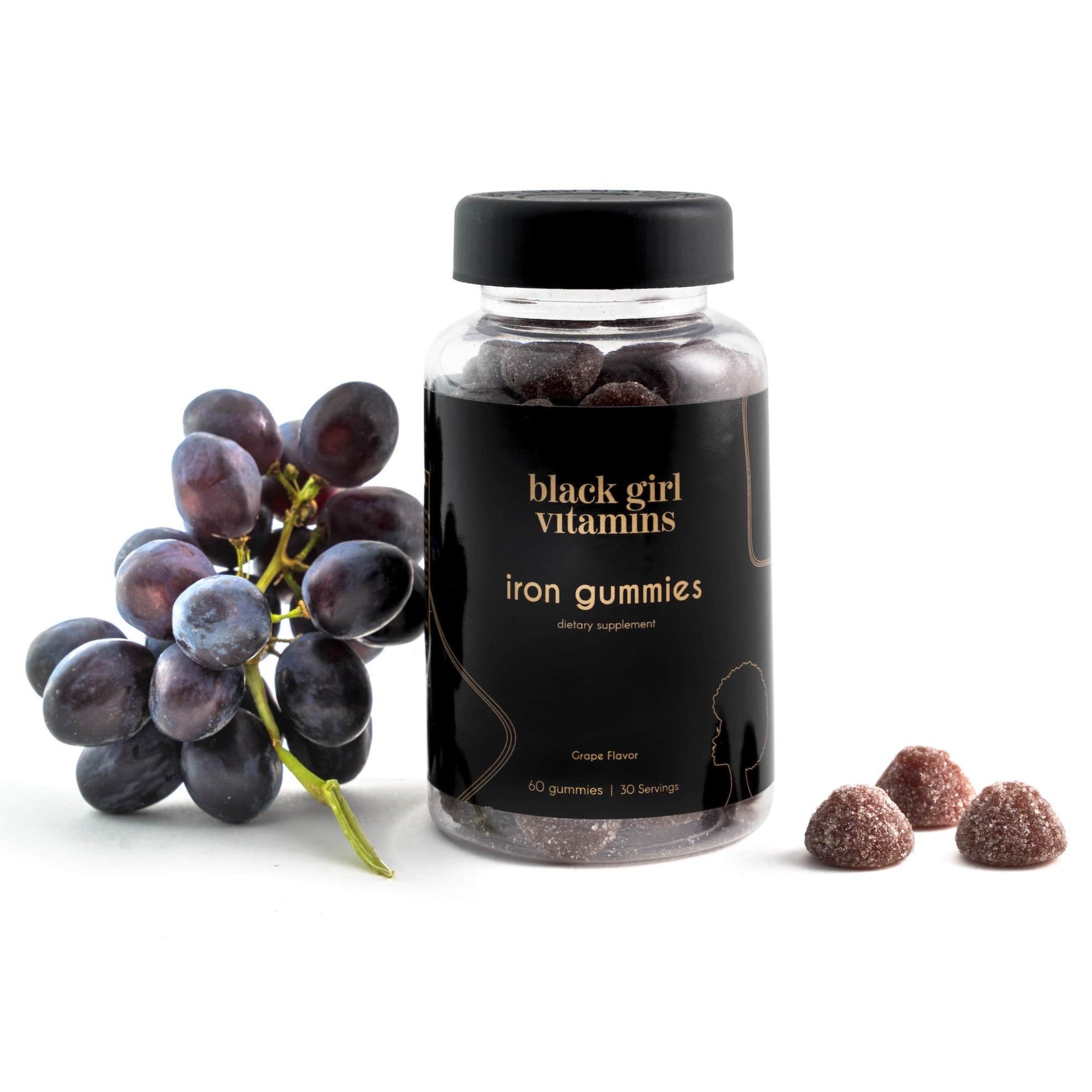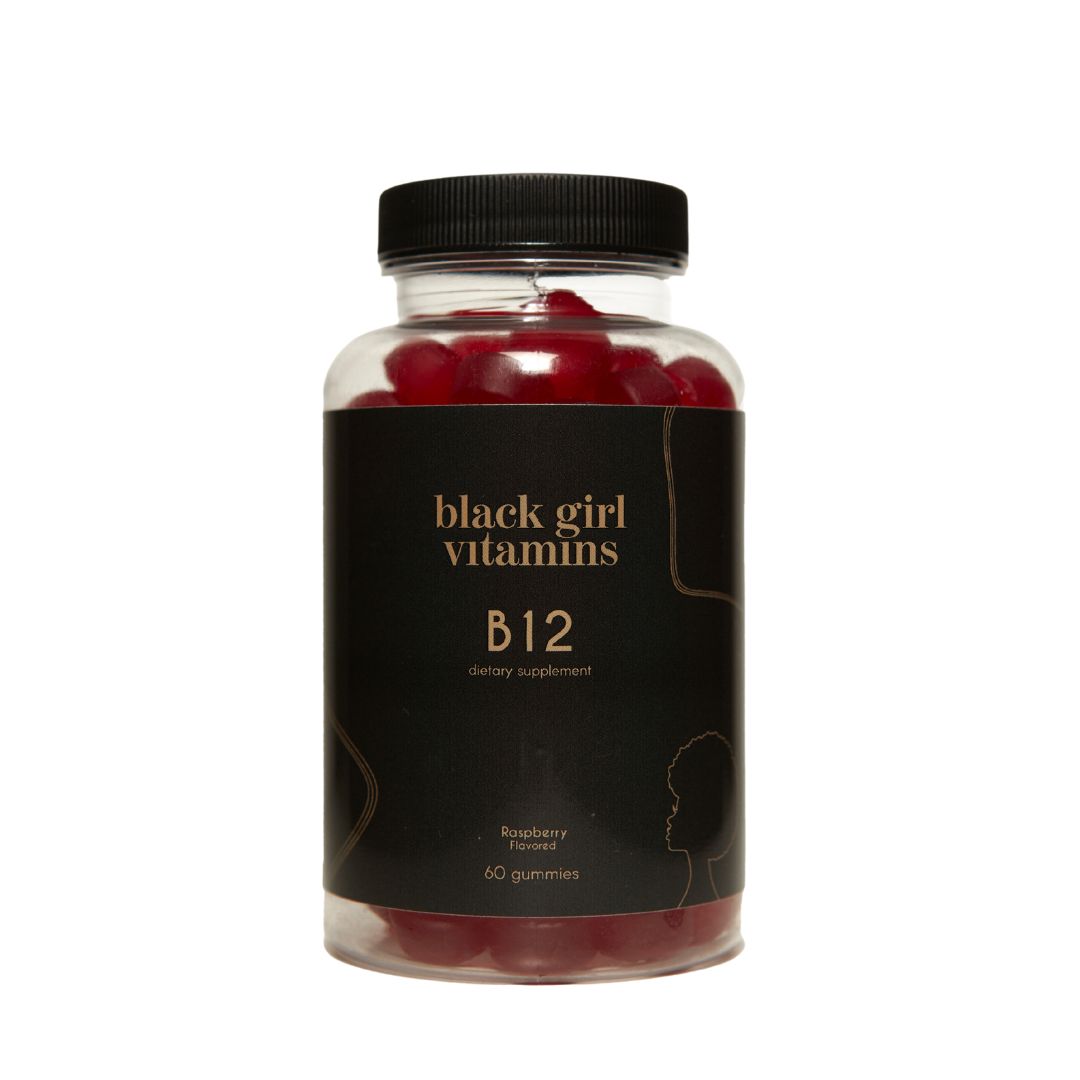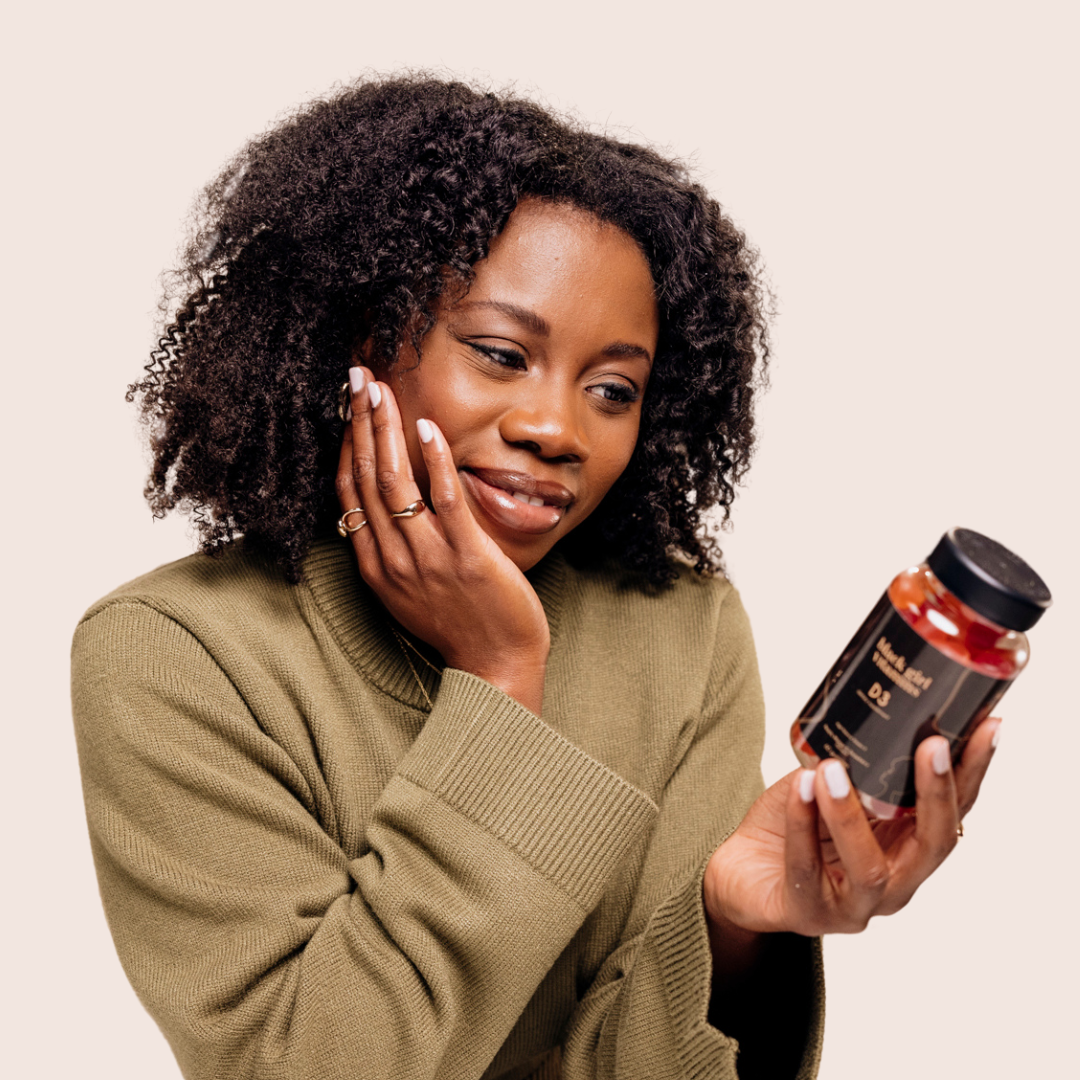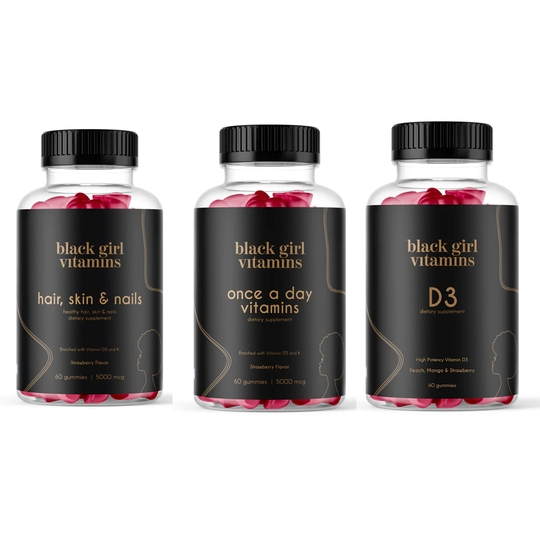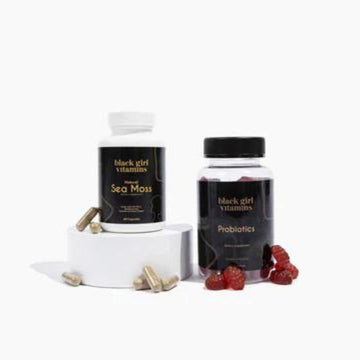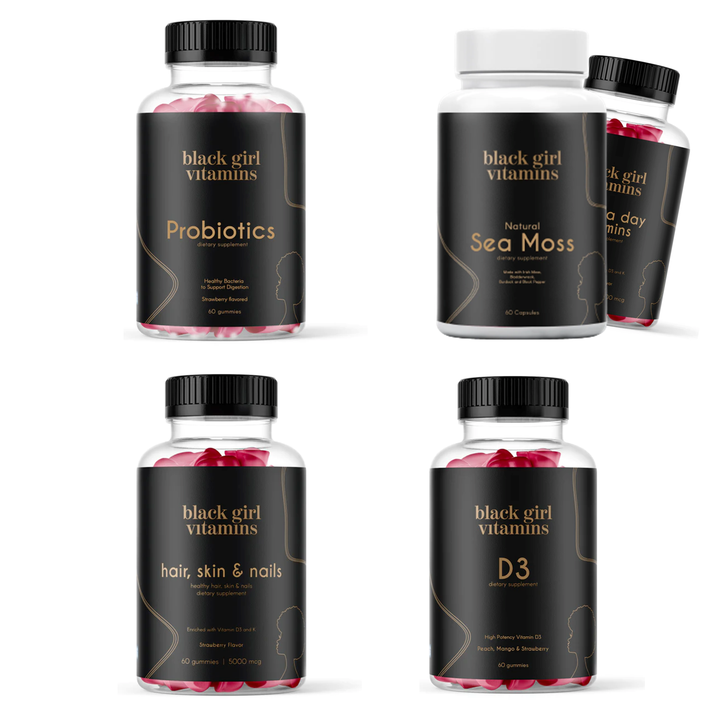Supplements and Foods That Support a Healthy Stress Response
As a Black woman, you probably have higher oxidative stress, so what can you do to support your health?
Oxidative stress happens when there’s an imbalance between free radicals and antioxidants, causing damage to your cells and tissues. Your body’s natural response to this problem is inflammation and tension. If the problem isn’t resolved, it can contribute to a variety of health problems.
A healthy stress response means your body is able to properly cope with, and respond to, stressors and irritants, maintaining your overall wellness and ensuring you can keep feeling your best. With this in mind, let’s talk about some supplements and foods that may be able to support your body’s natural stress response.
What Are Some Supplements for a Healthy Stress Response?
There are several supplements that stand out for their soothing properties. Let’s take a look at some of your options.
Turmeric and Curcumin
Commonly used in Indian cuisine, turmeric is a golden-colored spice that is well-known for its supportive and soothing effects.
The active compound in turmeric, curcumin, is responsible for these benefits. It works because curcumin interacts with certain enzymes and cytokines, helping to combat tension in the body.
To get the full benefits, it’s generally recommended that you consume black pepper alongside turmeric to make it easier for your body to absorb curcumin. Black pepper contains piperine, a compound that increases your curcumin absorption by up to 2000%.
Omega-3 Fatty Acids
Some of the best soothing and supportive supplements are omega-3 fatty acids. Omega-3s may help ease tension and irritation in the body, and many people use omega-3s to support healthy and comfortable joints, overall heart health, and even digestive health.
Omega-3s may also be a great way to support a healthy blood pressure and maintain cognitive health and function, even as you age.
You can increase your omega-3 intake with fish oil supplements, or by including more fatty fish like mackerel, salmon, and sardines in your diet. A more convenient option, if you don’t care for fish, is to take general omega-3 supplements.
Green Tea Extract
Did you know green tea is packed with powerful compounds known as polyphenols?
One of the most potent polyphenols is epigallocatechin-3-gallate (EGCG). Green tea extract supplements harness the benefits by offering a concentrated dose to help reduce tension and support the healthy stress response occurring in your body.
Green tea also contains a wide range of antioxidants, which are crucial for supporting cell health during exposure to damaging free radicals.
What Foods Can Support a Healthy Stress Response?
Some foods are rich in natural soothing compounds. Here are the most powerful allies you can include in a healthy diet to support your stress response.
Leafy Greens
Spinach, kale, and collard greens are a few of the leafy greens that are high in antioxidants like vitamin E, which has been shown to combat tension and irritation.
Staples of the Mediterranean diet, these greens pair well with whole grains, vegetables, and healthy fats like olive oil. Well-known for their benefits, they provide you with essential nutrients while reducing your risk of certain health conditions.
Berries
Blueberries, blackberries, and strawberries are a few of the berry options that are rich in antioxidants and polyphenols. Studies show eating these fruits regularly is associated with heart health, healthy blood pressure, and a lower risk of certain chronic diseases.
Nuts and Seeds
You can also get soothing benefits from nuts and seeds, such as almonds, walnuts, chia seeds, and flaxseeds. The high content of healthy fats, fiber, and antioxidants in these foods may have health benefits such as maintaining healthy cholesterol levels and supporting your heart health. They may provide relief for certain conditions like rheumatoid arthritis.
Taking Control of Your Health
Understanding your options is the first step to managing your health risks proactively.
You can support your wellness by eating a healthy, balanced diet. Turmeric or omega-3 fatty acids can help fill any gaps or deficiencies in your diet. To get further benefits, consider adopting a holistic approach that also includes regular exercise and effective stress management strategies.
Consistency will be key to your success in managing risks. Maintaining good habits with a healthy diet, well-formulated supplements, and exercise can help reduce your risk of health concerns and improve your daily routines. Working with a healthcare provider to create a custom plan will help ensure you avoid any potential side effects or interactions with medications you may take.
Sources:
Curcumin: A Review of Its’ Effects on Human Health | National Library of Medicine
Epigallocatechin-3-gallate (EGCG): Chemical and biomedical perspectives | PMC





